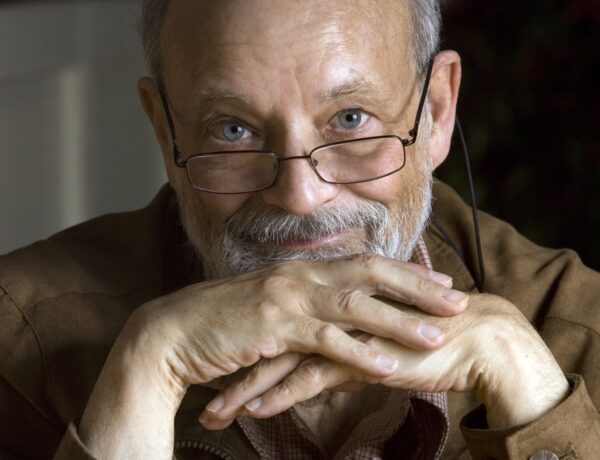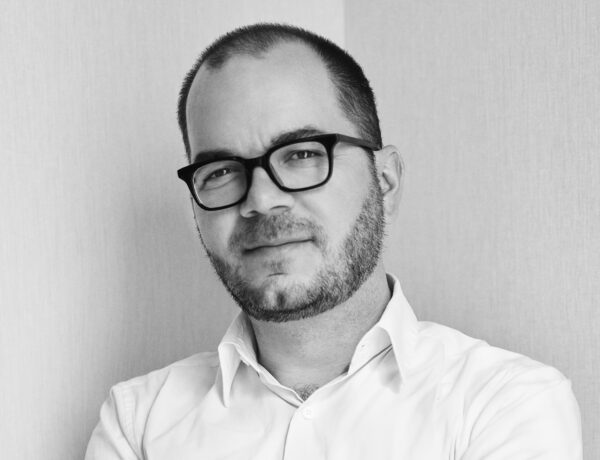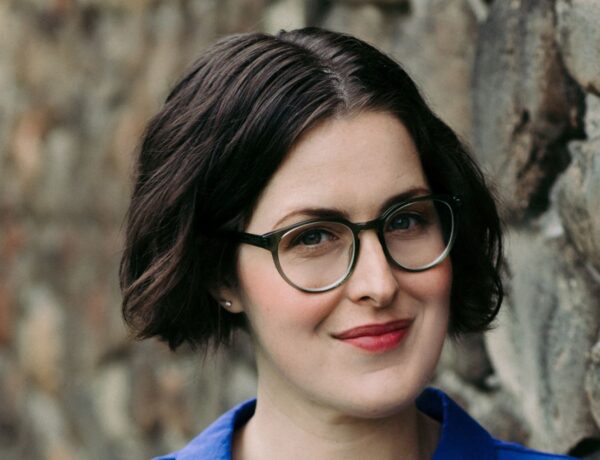Tim Pears is a British author, best known for his debut novel, In the Place of Fallen Leaves, which won the Hawthornden Prize and the Ruth Hadden Memorial Award in 1993.
He’s also known for his novels In a Land of Plenty, Landed, and The West Country Trilogy. Tim currently lives in Oxford with his wife and two children.
Each week, we publish a new daily writing routine from a famous author. Subscribe to our newsletter so you don’t miss out!
Hi Tim, welcome to Famous Writing Routines, great to have you here with us today! You’ve worked in a wide variety of jobs over the years, from trainee welder to nursing assistant to groundsman. How have those experiences influenced your writing, and what role have they played in shaping your perspective on the world?
I’ve worked in society from the bottom up, which has given me a respect for all kinds of workers, jobs, and skills. Which is reflected in my characters.
In the Place of Fallen Leaves was published in the same month that you graduated from the National Film and Television School. What was it like to have those two major milestones happen at the same time, and how did you balance writing and filmmaking in those early days of your career?
The third milestone was that I played my last game of football. I was a slow old footballer and a promising new novelist in the same week, which was strange. As for the others, my ambition had been to make films and write novels. But my time at the NFTS showed me I didn’t have the necessary attributes to be a film-maker. (Also, my debut novel was well received, while my graduation film was a failure. I still feel guilty that I wasted the time of those great people who worked on it.)
Your novels often explore moral challenges as they play out in the dynamics of family relationships. What draws you to those themes, and how do you approach writing about them in your work?
Who knows why one is drawn to certain themes? There were problems in my family growing up, but that’s true for most of us, isn’t it? The feminist dictum that the personal is political, and the political is personal, played a part. I am of that seventies generation.
As an author of several novels set in different periods of history, from In the Light of Morning, which is set in Yugoslavia during World War II, to your trilogy of novels set before, during, and after World War I, what draws you to historical fiction, and how do you go about researching and imagining those worlds?
My work was to chronicle the times we had just lived through, and I happily did that for seven novels. Meanwhile I travelled through Yugoslavia on the eve of war in 1991, and tried to write about it in essays and film scripts for years, unsuccessfully, watching the Balkans go up in flames.
My father had been in Yugoslavia in WW2. It was clear that the time that had elapsed between WW2 and 1990 was a lot shorter for Yugoslavs than for those of us in the west. History was more present. So I turned to British involvement in Yugoslavia in 1943-45 (not my father’s experience, but inspired by it) and lo and behold I was a historical novelist.
I always do a lot of research for a novel, but more so for a historical one. The most exciting challenge is to get into people’s minds, how they think differently from us and how the same.
Do you struggle to stay focused while writing? You’re not alone! That’s why Famous Writing Routines recommends Freedom – the ultimate app and website blocker for Mac, Windows, Android, iOS, and Chrome. With over 2.5 million users, Freedom helps writers stay on task and avoid distractions. Get started for free today and reclaim your productivity!
You’ve also worked in television, with your novel In a Land of Plenty being adapted into a ten-part drama series for the BBC. What was it like to see your work brought to life on screen, and how did that experience differ from writing for the page?
I had no part to play. The people who worked (scriptwriting, directing, acting, producing etc) on the adaptation for tv did a terrible thing: they improved on the novel. Watching their improvement was traumatic. (It was also very pleasing, of course.) I have written other things for the screen (most of which haven’t been made, which is par for the course) and find it hugely creatively inferior to writing for the page. It’s like the difference between shopping for ingredients and cooking.
Can you tell us about your writing routine? What does a typical day look like for you?
It’s changed with age. Once upon a time I had normal jobs and wrote furiously evenings, weekends, holidays. Then I was able to write full-time, and became a kind of clerk, working nine to five. Now, at sixty-six, I’m happy if I can do a good morning, say 9 to 1 (although before that I’ll have taken our dogs for a walk and run one or two ideas past them.)
If you could have a conversation with any author throughout history about their writing routine and creative process, who would that person be?
Interesting question. Maybe Ivo Andric, who wrote two of his three great masterpieces (Bosnian Chronicle and Bridge over the Drina) in Belgrade during WW2, under German occupation and Allied bombing, in real privation, while also helping others around him. Remarkable.
I’d love to know about the books you’re reading at the moment. What have been some of your favorite recent reads?
Sunset Song by Lewis Grassic Gibbon; Keeping in Touch by Anjali Joseph; The Human Factor by Archie Brown; Dancing with the Octopus by Debora Harding; Some Kids I Taught and What They Taught Me by Kate Clanchy; Maror by Lavie Tidhar (which should win countless awards this year.) I’ve just started rereading The Satanic Verses by Salman Rushdie (what a masterpiece).
What does your current writing workspace look like?
I’m incredibly fortunate to have my own little study, in a room that’s on its own kind of mezzanine floor in our house, above the garage. It’s full of books, all going a bit mouldy because of the rising damp – but they should see me out.
Affiliate disclaimer: Some links on this website are affiliate links. We may earn a small commission if you make a purchase through these links, but only promote products we truly believe in. We disclose affiliate links and give honest reviews.



No Comments